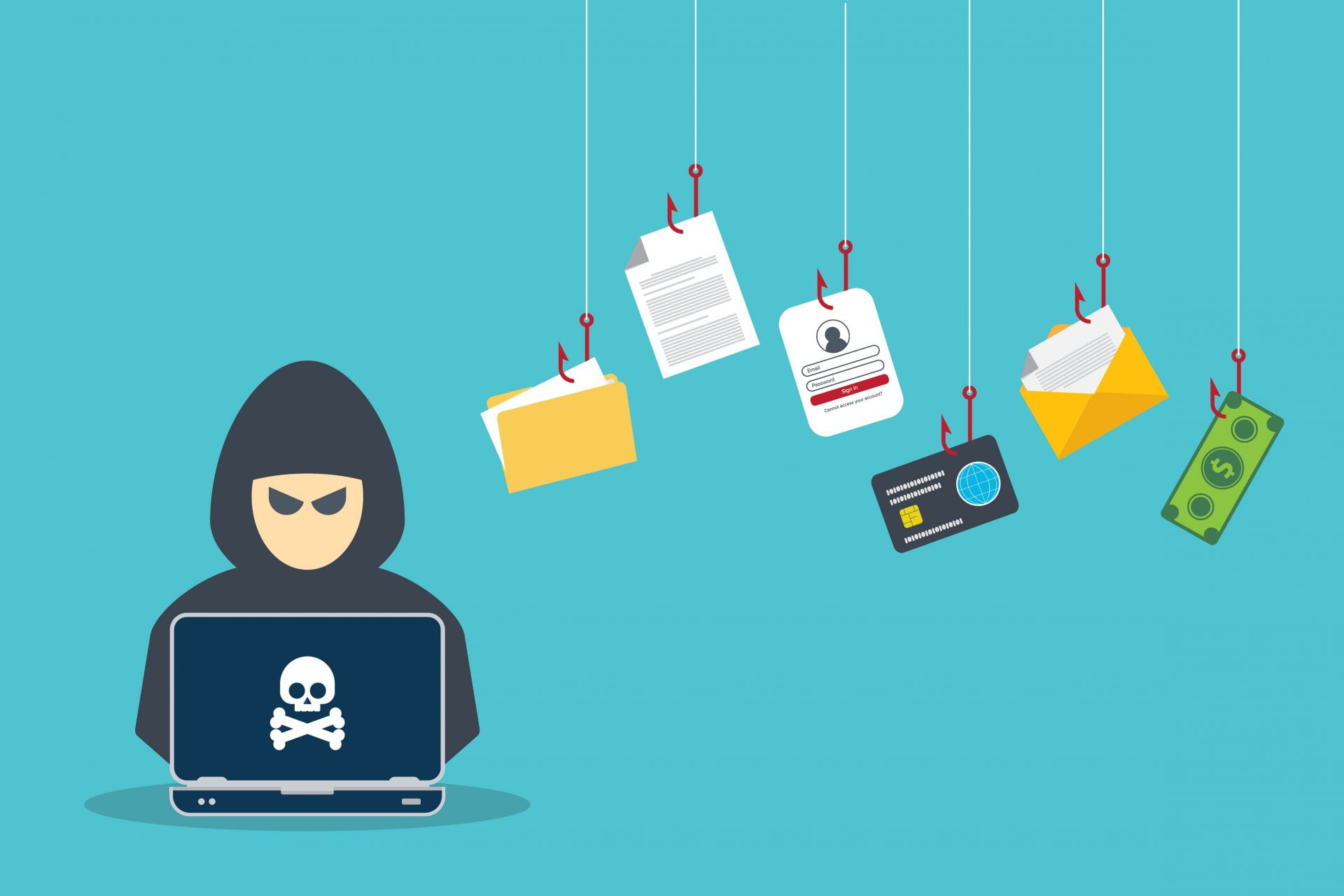Blog

How to protect yourself from cyber fraud
Lately we are seeing a notable increase in phishing attempts both globally and in our country, and the advent of artificial intelligence is making the risks even greater as cybercriminals use tools like ChatGPT to trick us even more easily.
New online fraud attempts are better thought out and harder to detect, as criminals have started using Artificial Intelligence. Among the most common methods used by fraudsters to access personal data are emails or sms asking for data updates, fake investment ads, dasr and unrefusable offers.
Increasingly, misleading messages are also being promoted on social media platforms and in search engines through advertisements.
Cyber criminals use the visual identity of several public figures and media organizations to trick users into accessing fraudulent links in order to collect personal data, login details or financial data from potential victims.
The phishing technique uses links that redirect to specific domains using the visual identity of legitimate companies or websites to request authentication or banking data. In this type of attack, the damage can be financial, but also reputational, through the theft of personal and authentication data.
Digital fraud has become a "turnkey" business sold on the dark web. Unlike in previous years, there are now specialists in setting up fraud schemes and fake websites.
Recommendations
The main recommendations given by specialists in the field are:
- Don't share more information than necessary and be careful who you give this information to.
- If there's an optional field when you give your data, don't tick it. We only give the minimum necessary.
- Carefully consider the information you collect online.
- Avoid accessing links from such sponsored posts that offer get rich quick opportunities.
- Do not provide personal, login or card details to sign up for such scams.
- Always check information on possible funds that aim to scam investors or on unauthorized or untrustworthy funds. Use sites such as Urlscan.io or Scanurl.net to check links. These show whether or not they are dangerous.
- Be careful what you post online, especially on social media platforms.
- If you have entered card or login details to your internet banking accounts, report it to your bank immediately, and if you have been defrauded in this way file a complaint with the police, physically or online.
- If you notice similar initiatives online, report them as FRAUD.
- Use an up-to-date security solution on your devices.
- Update your operating system and software/applications frequently.
- Don't use the same passwords for all accounts/applications. That way compromising one will not lead to compromising all. Remove permissions used by applications; keep only the necessary ones.

Leave a Comment
Comments (0)
No Comments Yet
Be the first to share your thoughts!